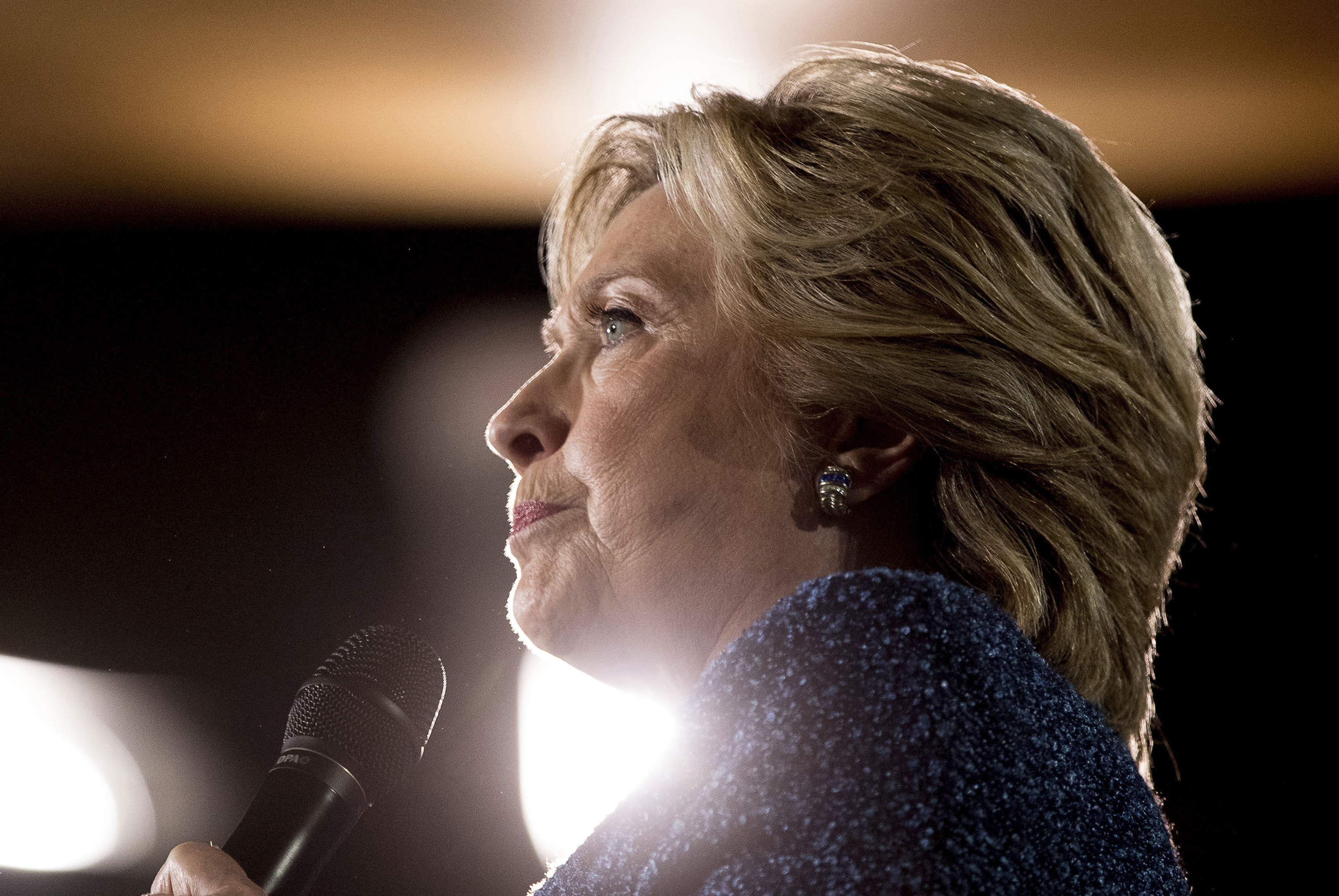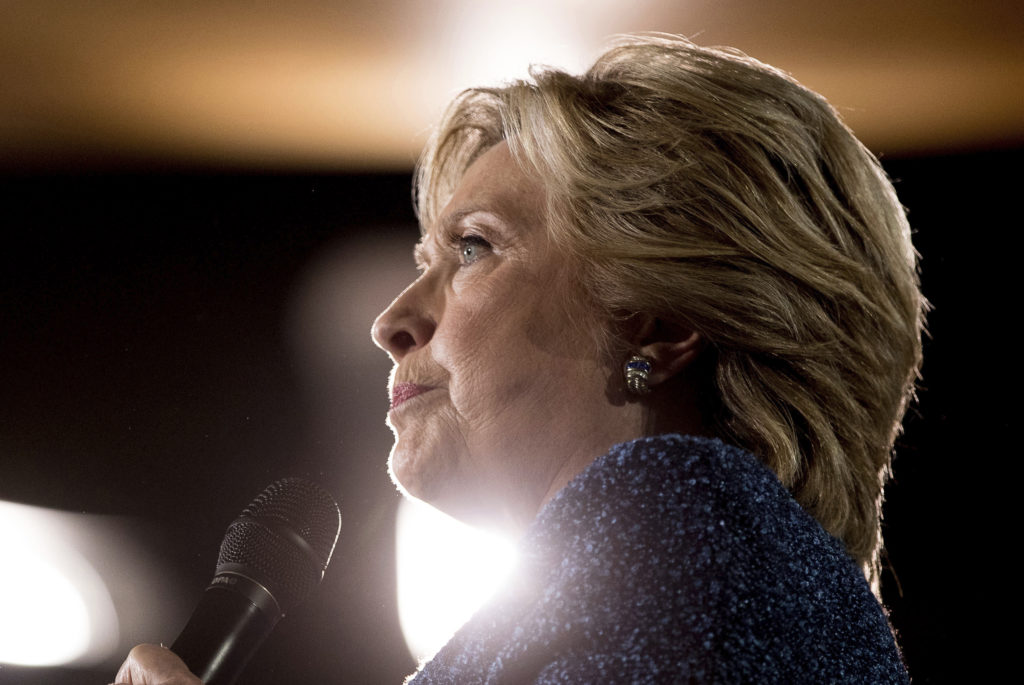Trump, bolstered by FBI Director James Comey’s letter on the emails, believes he has momentum heading to the final full week of the campaign. But the electoral map remains challenging, forcing the Republicans to make some unlikely late forays into blue-leaning states in an effort to counteract the Clinton’s campaign’s strength in banking early votes and organizing for Tuesday’s turnout.
On Monday, Trump was slated to hold a pair of rallies in Michigan, which last went for a Republican presidential nominee in 1988. The day before, he held an evening rally in New Mexico — his first since becoming his party’s nominee — which is a state that has gone for the GOP only once since 1998. An on Tuesday, he’ll appear with his running mate Mike Pence in Wisconsin, which hasn’t voted for a Republican president since Ronald Reagan’s re-election in 1984.
The Trump campaign — which aims to make attacks based on the Clinton emails and “Obamacare” premium hikes the centerpieces of their argument — believes that white working-class voters in the Midwest could tip Michigan or Wisconsin his way, especially if he benefits from reduced enthusiasm for Clinton in African-American strongholds like Detroit and Milwaukee. New Mexico is seen as a longer shot, with Trump’s hard line immigration stance a harder sell in a state with the highest percentage of Latino voters in the nation.
Trump has consistently trailed in the polls in all three of these states, but his last-minute plays there this week reflect his need to flip at least one traditionally Democratic-leaning state. While Trump has not given up on Pennsylvania — he’ll campaign there again on Tuesday — he remains behind, and a loss there narrows his path considerably.
Even if he wins the traditional battlegrounds of Ohio and Florida, he’d almost certainly need to pluck one from the blue-leaning trio he’s visiting early this week — as well as a state like New Hampshire, Nevada or North Carolina — in order to overcome Clinton’s map advantage.
And the ongoing fractures within the Republican party likely won’t help: House Speaker Paul Ryan is not expected to appear with Trump in his native Wisconsin.
Clinton’s advisers and fellow Democrats, furious over the vague letter sent by FBI Director Comey to Congress Friday, have been pressuring him to release more details about the emails, including whether Comey had even reviewed them himself. The emails were found on a computer that appears to belong to disgraced former New York Rep. Anthony Weiner, the estranged husband of Huma Abedin, one of Clinton’s closest advisers.
Former Attorney General Eric Holder, who’s been featured in an ad for Clinton’s campaign, described Comey’s actions as “deeply troubling” and a violation of “longstanding Justice Department policies and tradition,” in an article published in the Washington Post on Monday.
A law enforcement official confirmed late Sunday that investigators had obtained a search warrant to begin the review of Abedin’s emails on Weiner’s computer. The official has knowledge of the investigation, but was not authorized to speak publicly and did so on condition of anonymity. The official said investigators would move expeditiously but would not say when the review might be complete.
In a letter to Congress on Friday, Comey said the FBI had recently come upon new emails while pursuing an unrelated case and was reviewing whether they were classified.
Federal authorities in New York and North Carolina are investigating online communications between Weiner and a 15-year-old girl.
The controversy over Clinton’s email practices while she served as secretary of state has dogged her for more than a year.
Meanwhile, the campaigns continued their early voting push, with Democrats claiming an edge in Nevada and Colorado. New reports from the weekend found that more than 20 million voters had already cast ballots.
__
Associated Press writers Jill Colvin in Las Vegas and Albuquerque, and Eric Tucker, Ken Thomas and Kevin Freking in Washington contributed to this report.






